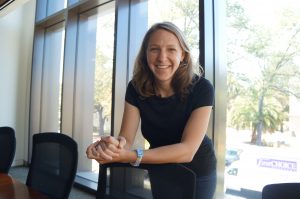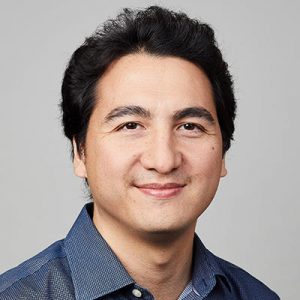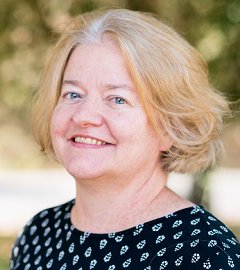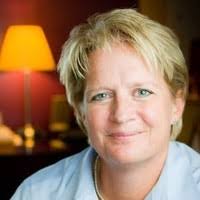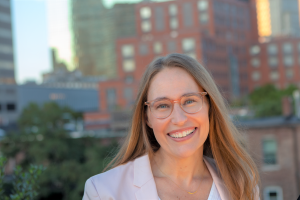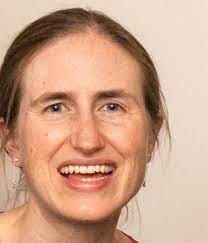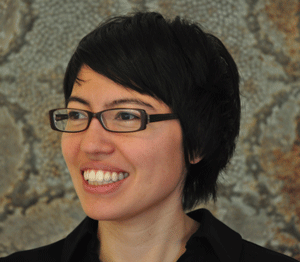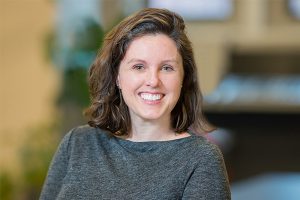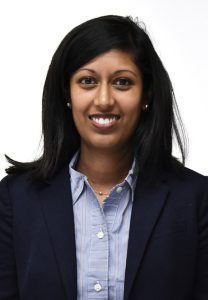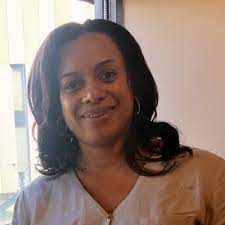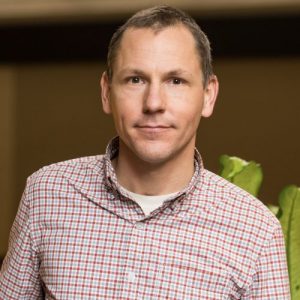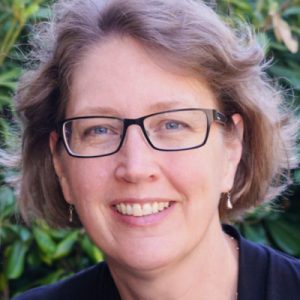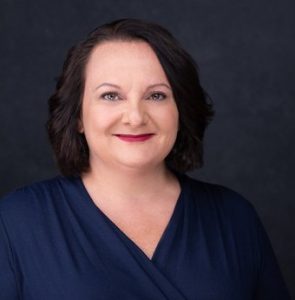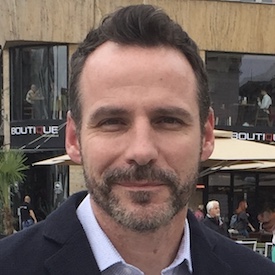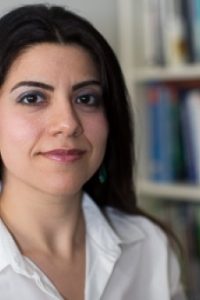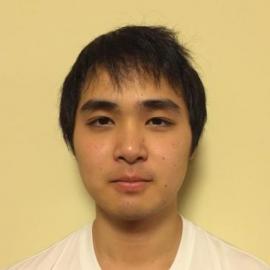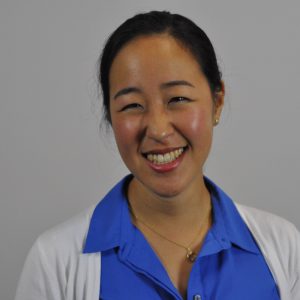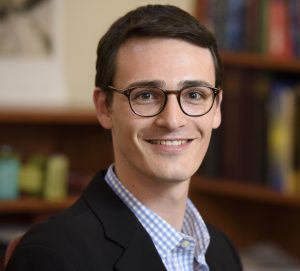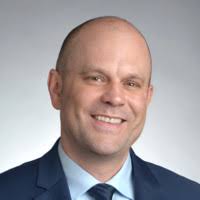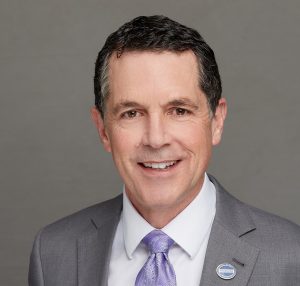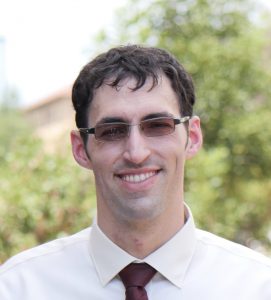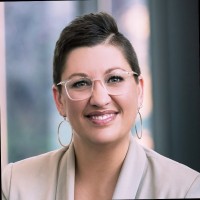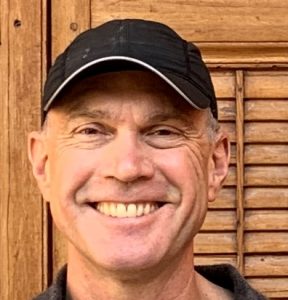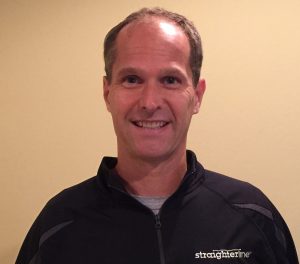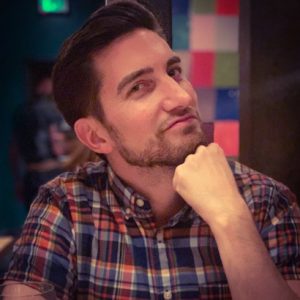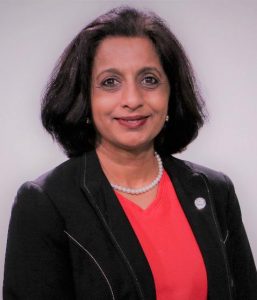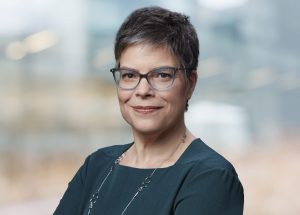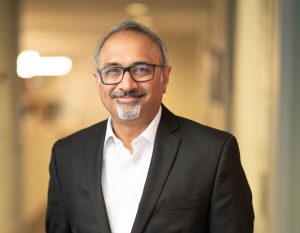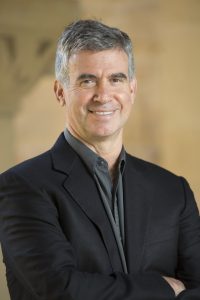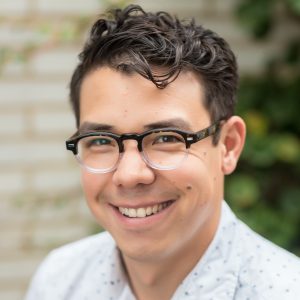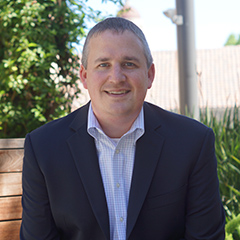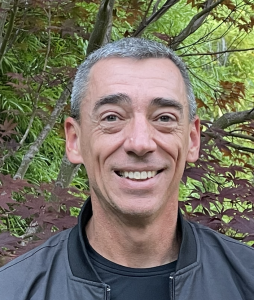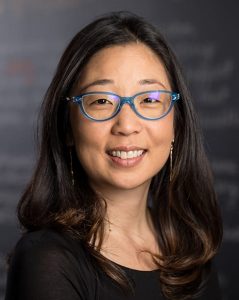How should we grow the sciences of adult learning and academic progress?
An applied science to support working learners will draw expertise from multiple fields including economics, psychology, sociology and the learning sciences. It also will take advantage of ubiquitous data describing educational and career progress. The task of this workstream is to begin to forge shared scientific language and focal problems that might organize cumulative, multi-method, multidisciplinary inquiry.
Conveners
Rachel Baker
Zach Pardos
resources
Routine and Adaptive Expertise in Working Learners
Stanford learning scientists Dan Schwartz and Kristen Blair introduce the distinction between routine and adaptive expertise, and consider strategies that educators and employers might pursue to nurture the development of adaptive expertise among working learners.
Developing Transformative Working-Learner Measurement Infrastructure
UC-Irvine sociologist and education researcher Richard Arum offers a big-picture framework for conceptualizing collaboratively built infrastructure to observe how working learners accumulate skills, credentials, occupational titles and earnings as they move through the life course.
The Challenge of Defining, Measuring, and Improving Outcomes for Working Learners
Urban Institute economist Sandy Baum provides a high-level overview of the task of building a strong evidence base to inform government policy-making around services to working learners.
contributors
